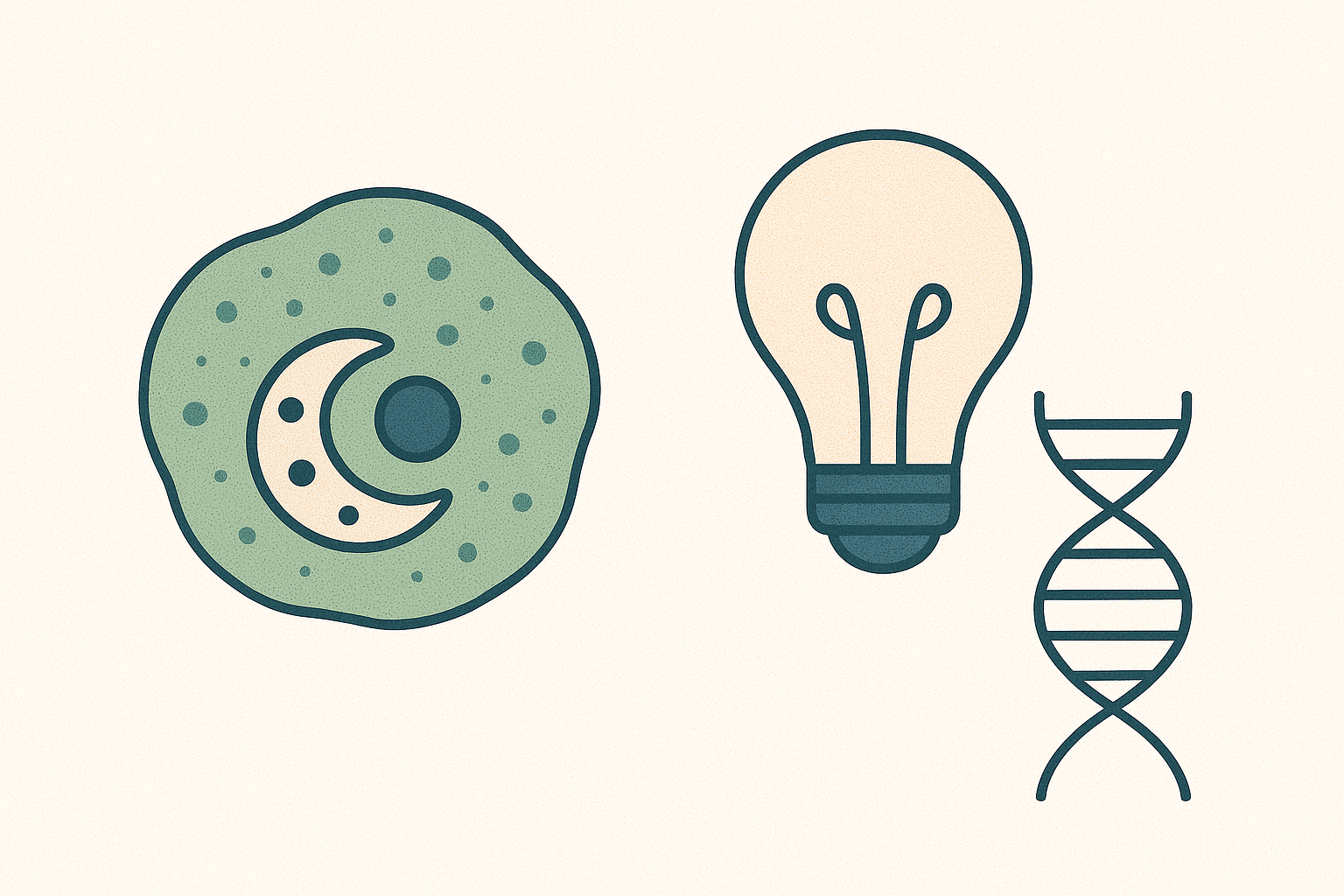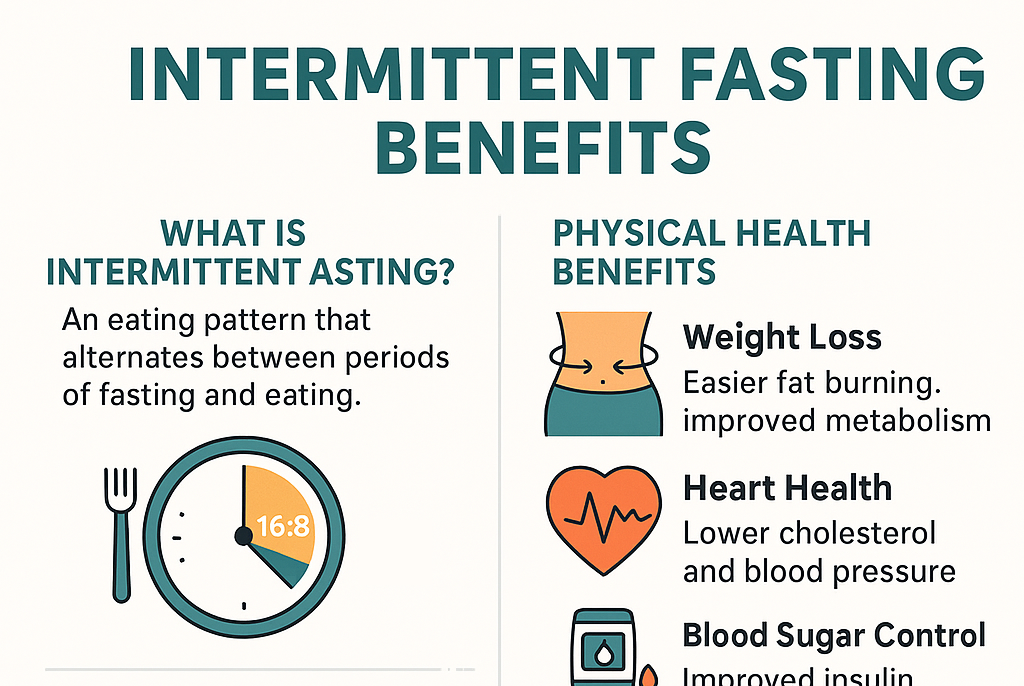The Science Behind Autophagy and Fasting

Autophagy might sound like a complex scientific term, but it’s actually one of your body’s most important self-maintenance processes. Think of it like cellular housekeeping—a natural cleaning mechanism that helps remove damaged parts, recycle essential components, and keep your cells functioning optimally. Interestingly, fasting—deliberately abstaining from food for specific periods—is one of the most effective ways to kick-start this vital biological process. But how exactly does fasting influence autophagy, and why does it matter?
Autophagy, derived from Greek words meaning “self-eating,” is essentially your body’s way of detoxifying and regenerating itself. When your cells detect stress or lack nutrients, they begin breaking down old and damaged proteins, organelles, and other cellular debris. These broken-down components are then repurposed into new building blocks, such as amino acids, which help maintain cellular health and functionality.
The significance of autophagy was highlighted when Yoshinori Ohsumi received the Nobel Prize in Medicine in 2016 for uncovering the intricate mechanisms of this self-cleansing process. Since then, autophagy has captured significant attention in medical research, especially in the context of aging, disease prevention, and longevity.
Fasting and autophagy share an intriguing relationship. When your body is continuously fed, particularly with calorie-dense foods, autophagy remains at low levels. Cells sense abundant nutrition, focusing instead on growth and reproduction. However, once you enter a fasting state—typically after 12 to 16 hours without food—nutrient availability decreases, shifting your body’s focus from growth to maintenance and repair. This nutrient scarcity acts as a trigger for autophagy, activating it to clear cellular waste and rejuvenate your cells.
Scientific studies have consistently shown that intermittent fasting, such as the popular 16:8 method or occasional 24-hour fasts, effectively boosts autophagy. A critical driver behind this relationship is insulin. Insulin is a hormone released in response to food intake, particularly carbohydrates and proteins. High insulin levels signal your body that nutrients are plentiful, thereby suppressing autophagy. Conversely, fasting reduces insulin secretion significantly, which removes this inhibitory signal and activates autophagy.
Research also suggests that enhanced autophagy may have substantial health benefits, including reduced inflammation, improved brain health, increased lifespan, and protection against age-related diseases such as Alzheimer’s and Parkinson’s. For instance, a study published in the journal “Autophagy” found that increasing autophagy through intermittent fasting improved cognitive function and slowed disease progression in animal models of Alzheimer’s.
Moreover, autophagy has a fascinating role in weight management and metabolic health. During periods of fasting-induced autophagy, cells not only recycle their components but also break down stored fats into fatty acids and glycerol, using them as energy sources. This fat-burning mechanism is why intermittent fasting has gained popularity for weight loss and maintaining metabolic health. Some clinical studies report improvements in insulin sensitivity and blood sugar regulation after consistent fasting routines, suggesting that regular autophagy activation can significantly impact metabolic health.
While fasting-induced autophagy presents many benefits, it’s essential to approach fasting sensibly. Excessive or prolonged fasting, without proper nutritional guidance, can lead to adverse effects such as muscle loss, nutrient deficiencies, or unwanted hormonal changes. Optimal autophagy appears achievable through balanced intermittent fasting schedules, usually ranging from 14 to 24 hours. For example, the common 16:8 fasting method—fasting for 16 hours with an 8-hour eating window—is both sustainable and effective for most individuals aiming to enhance autophagy without significant health risks.
Physical activity also synergizes effectively with fasting in promoting autophagy. Exercise places additional mild stress on cells, further stimulating autophagy beyond fasting alone. Combining regular physical activity, especially endurance exercises, with intermittent fasting may provide compounded health benefits, including enhanced metabolic function and greater resistance to cellular aging.
In conclusion, the science behind autophagy reveals how effectively our bodies are designed to self-regulate, maintain health, and prevent disease. Fasting emerges as one of the simplest yet most potent tools to activate this essential process, promoting cellular repair, longevity, and overall well-being. Understanding and harnessing autophagy through mindful fasting practices can offer significant advantages, making it a fascinating area of health research that continues to inspire both scientists and wellness enthusiasts alike.

